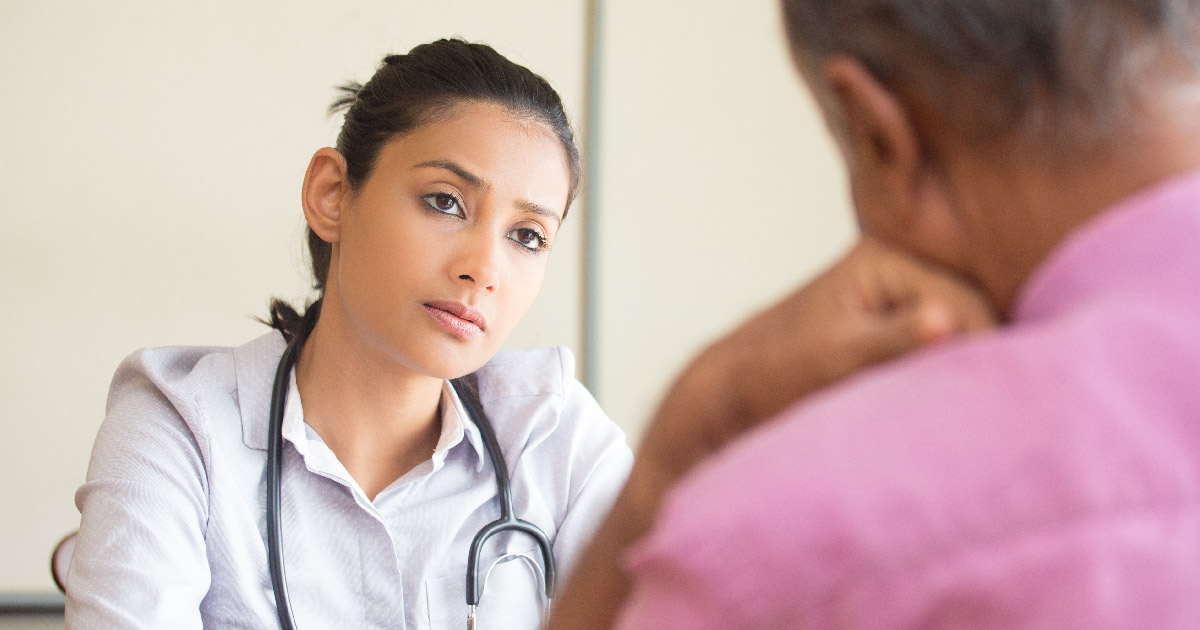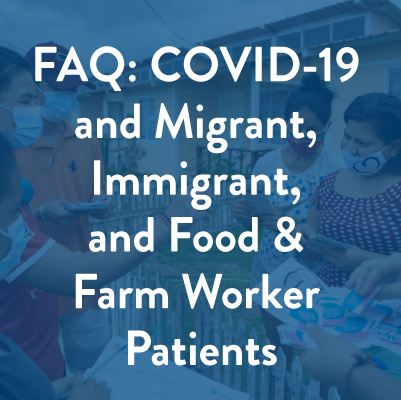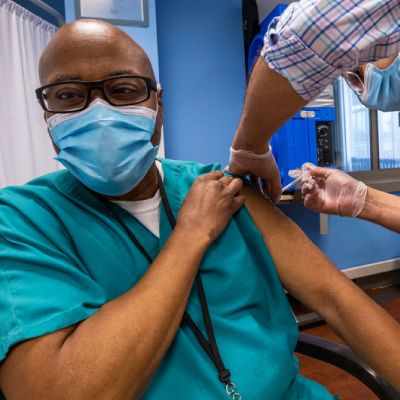- Who We Are
- Clinician Employment
- Publications
- Witness to Witness (W2W)
- Kugel & Zuroweste Health Justice Award
- Your Voice Matters: Photovoice Project
Medical Review for Immigrants: Tangible Progress Toward Serving the Health Needs of Those in Detention
Thu, 06/28/2018 | by MCN Admin

Maria* was in detention with a severely broken arm. She had crossed the US-Mexico border in a jeep, which rolled in the desert. Her young daughter was ejected from the car and died. Maria was picked up by border patrol. Her injuries were severe, and yet she didn’t get the medical care she needed in detention. Her attorney feared she might lose her arm.
President Trump’s disquieting ‘zero-tolerance’ immigration policy has had numerous and dangerous health consequences for the asylum seekers at our US-Mexico border. One of the concerns is over immigrants’ urgent health needs while in detention. To accommodate the increased number of asylum seekers who are set to be criminally prosecuted and will be held for an indefinite period of time, officials are scrambling to find new accomodations; tent cities have been erected and former WalMarts and unused military housing have been repurposed. With the growth of new facilities and the strain on existing ones come new fears that the detention centers are ill-equipped to serve the basic and at times urgent health needs of those detained. Migrant Clinicians Network’s brand-new initiative, Medical Review for Immigrants, seeks to get patients with urgent health needs quickly out of detention and into care.
“We know that detention is unnatural. What we’re doing is we’re devastating the kids’ lives, and their mothers. There is deprivation of freedom; these kids are not experiencing a normal childhood. They can’t get on a bike and go to the corner store and get something and hang out with the kids. They’re constantly being watched. There are guards who are not very friendly. We’re learning more about the neurobiology of stress and trauma -- and how it affects people lifelong. We’ve got to be prepared to work with these kids now, while they’re inside -- but also as soon as they come out.
We’ve got three levels of trauma, as I said: there’s pre-migration, peri-migration, and then there’s post-migration -- the detention. We’re going to have to work as clinicians at those three levels. And I think we may have to work backwards, because I think the most recent trauma will be what they experienced [in the immigration centers]. We need to be aware of that.
In those conditions -- sure, they have showers, clothes, and beds -- but there was a constant vigilance that these kids had to maintain, and the stress levels were high.”

Maria’s attorney contacted Medical Review for Immigrants. Within 24 hours, we linked the attorney with a physician who reviewed medical records and provided documentation to support the attorney’s request for humanitarian parole. A day later, Maria was released on humanitarian parole, and she flew with her attorney to her aunt’s hometown. From there, MCN’s Health Network arranged for the emergency medical care she needed, which she began the next day.
In just three days, MRI helped Maria get out of detention and on the path to health. Without it, Maria may have died from infection or lost her leg.

In a time of seemingly unceasing and disheartening news, MRI allows us to step up and make a difference as clinicians. Today, we invite you to join us. Help us get MRI off the ground with a founding donation. Tuesday, July 10, any donation you make through the Hispanics in Philanthropy page may be matched, doubling the impact your donation will have. We seek to raise $20,000 to pay for coordination and Health Network services for the next month. But this is a long-term initiative, needing long-term funding. Consider a monthly donation to assure that we can continue to serve immigrants with urgent health needs and get them to the care they need.
Please click here to donate to MCN’s Medical Review for Immigrants through the Hispanics in Philanthropy page. Read our blog post about health and detention centers here. If you are a clinician who is interested in being trained to complete documentation and review for humanitarian parole, click here.
*Name changed to protect her identity.
Like what you see? Amplify our collective voice with a contribution.
Got some good news to share? Contact us on our social media pages above.
Return to the main blog page or sign up for blog updates here.







